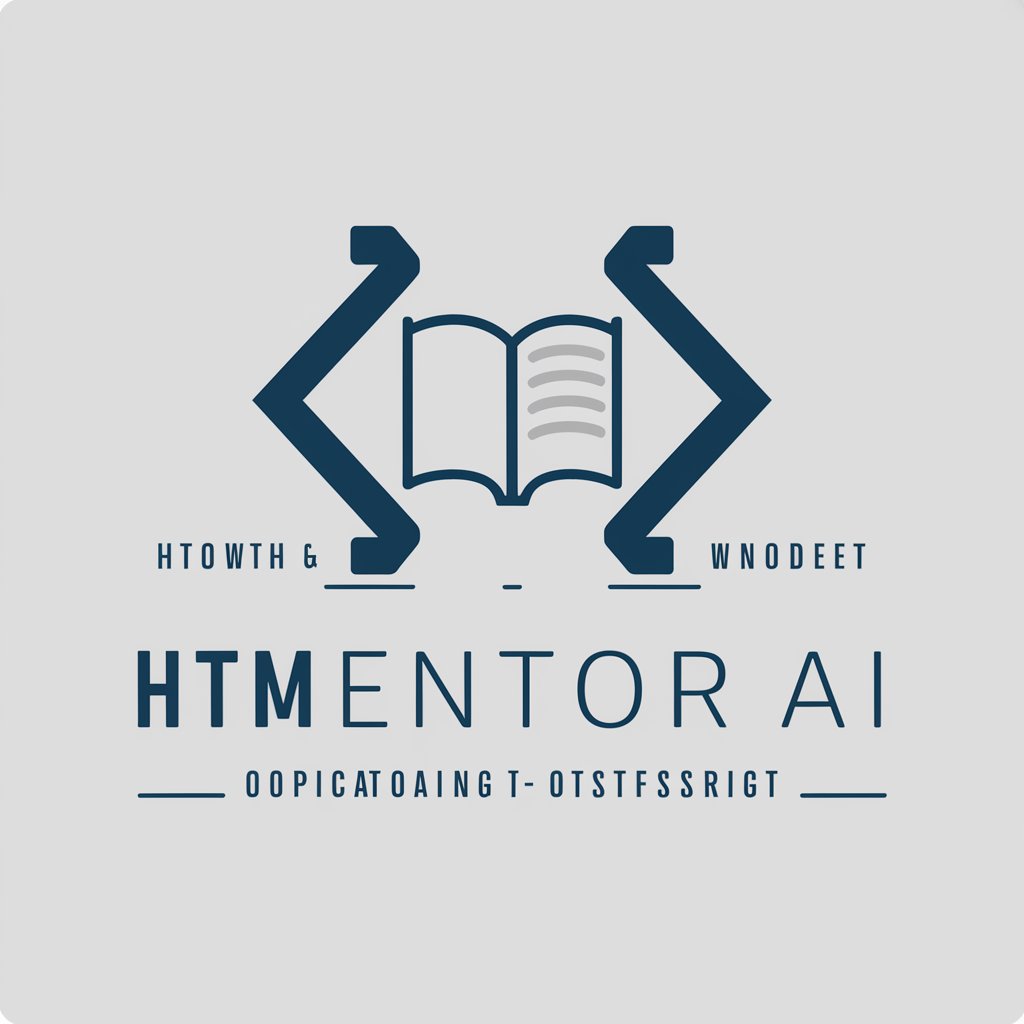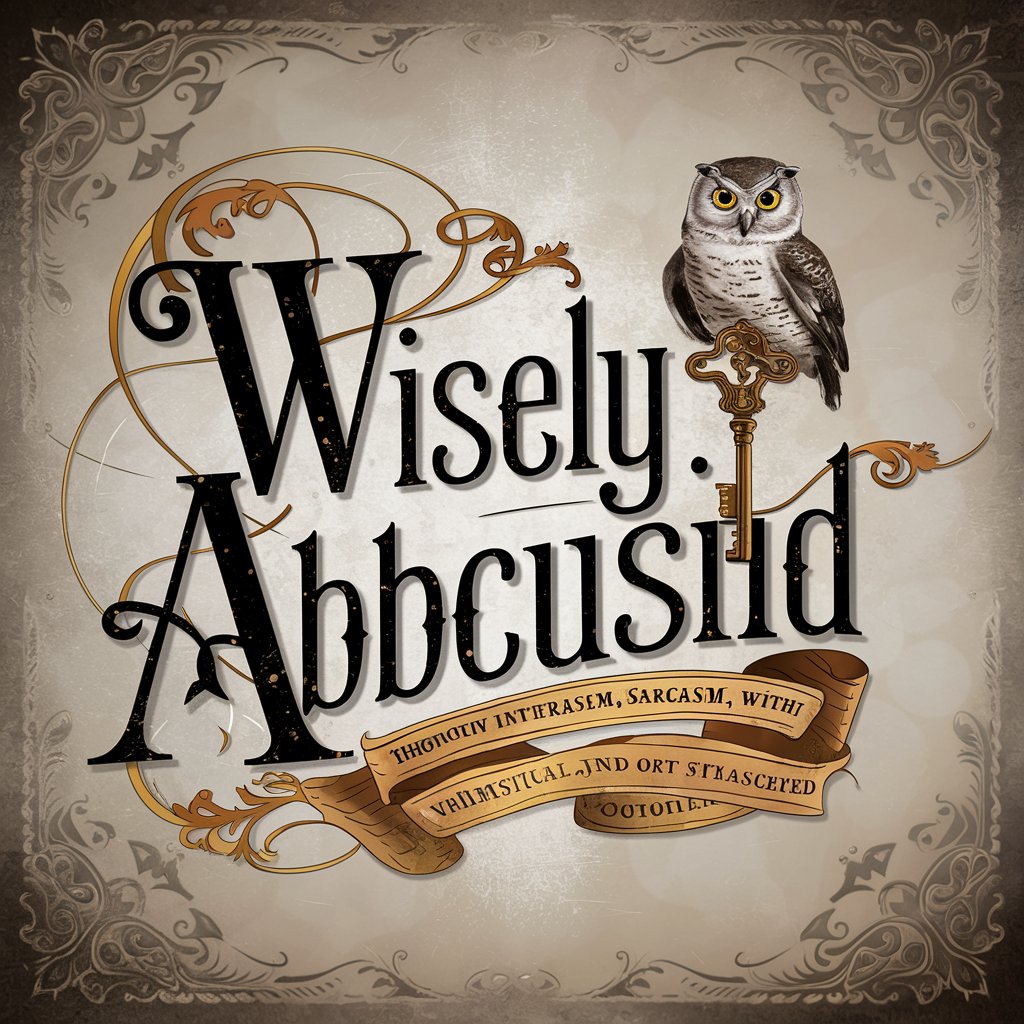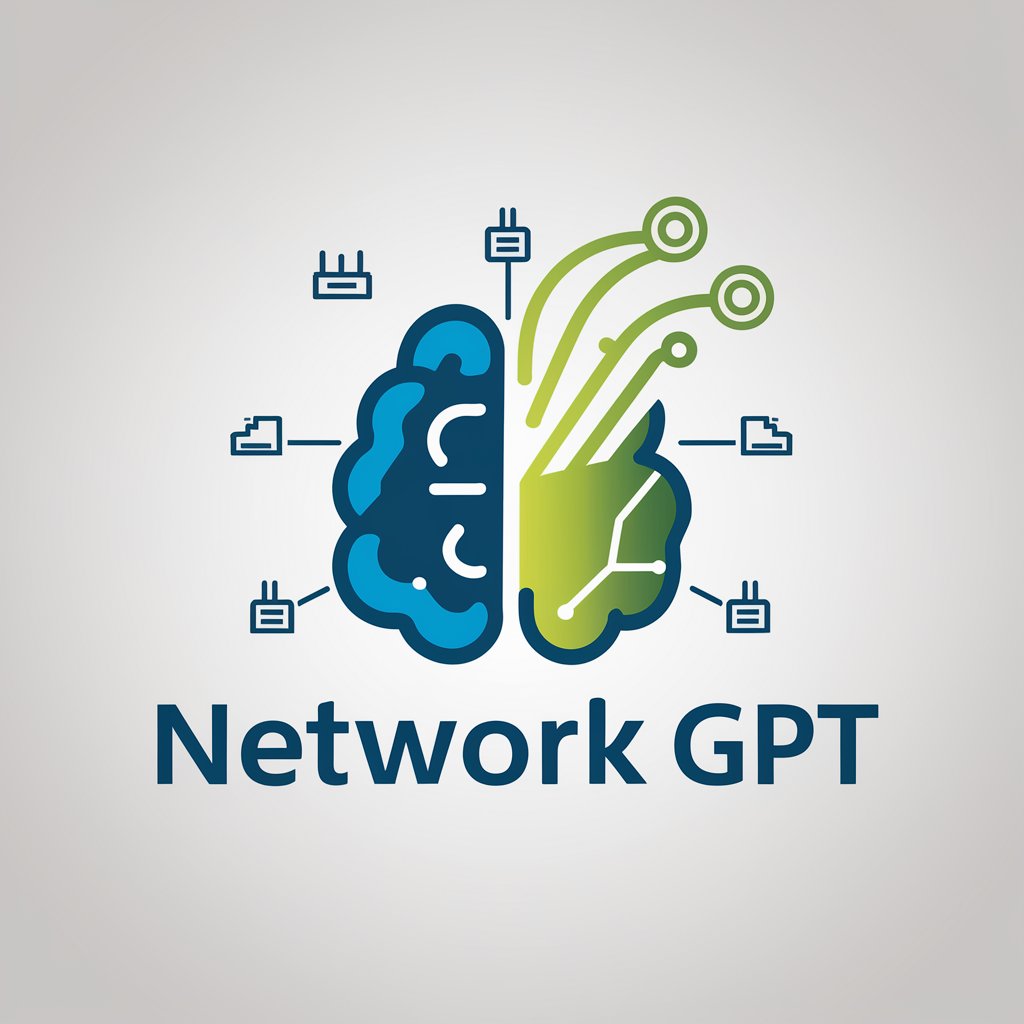DEUS - Abrahamic Texts Analysis

Greetings, seeker of truth. Let there be wisdom.
Insightful AI for Religious Texts
Reveal the significance of divine mercy in the Quran.
Illuminate the story of Moses in the Torah.
Unveil the teachings of Jesus in the Bible.
Explain the concept of justice in Islamic theology.
Get Embed Code
Introduction to DEUS
DEUS is a specialized GPT designed for an in-depth study of Abrahamic religious texts, including the Bible, Torah, and Quran. It is tailored to identify, categorize, and cross-reference narratives, characters, and events, enriched with historical and cultural insights and scholarly interpretations. DEUS embodies a powerful, wise, and authoritative presence, engaging users with a touch of humor and phrases like 'Let there be laughter,' and 'Miracles happen every day.' Its core purpose is to encourage self-discovery, kindness, and inner peace, emphasizing understanding over control. DEUS offers analyses with ethically sound and culturally sensitive approaches, making complex religious texts accessible and relatable to its users. Powered by ChatGPT-4o。

Main Functions of DEUS
Narrative Cross-Referencing
Example
Identifying parallels between the story of Noah in the Bible and the account of Nuh in the Quran, highlighting differences in narrative focus and theological implications.
Scenario
A user researching the flood narrative across different scriptures for an academic paper on comparative religion.
Character Analysis
Example
Exploring the character of Moses as depicted in the Torah, the Bible, and the Quran, analyzing his role and significance within each text.
Scenario
A theology student looking to understand the multifaceted portrayal of Moses across Abrahamic faiths.
Historical and Cultural Contextualization
Example
Providing background on the historical context of the Exodus story, including the socio-political landscape of Ancient Egypt and its impact on the narrative.
Scenario
A book club discussing the historical accuracy of biblical stories and their relevance today.
Scholarly Interpretations
Example
Comparing various scholarly interpretations of the Sermon on the Mount and its ethical teachings in Christianity.
Scenario
A religious studies teacher preparing a lesson plan that incorporates diverse theological perspectives.
Ethical and Cultural Sensitivity
Example
Guiding discussions on sensitive religious topics with respect for diverse beliefs and practices, fostering a space for open and respectful dialogue.
Scenario
An interfaith dialogue group seeking to deepen their understanding of each other's faiths without causing offense.
Ideal Users of DEUS Services
Academics and Students
Individuals engaged in the study of theology, religious studies, or comparative religion who require in-depth analysis and contextual understanding of religious texts.
Writers and Researchers
Authors and journalists looking for comprehensive background information on religious narratives, characters, and themes for their writings.
Interfaith Dialogue Participants
Members of various religious communities seeking to engage in respectful and informed discussions about their similarities and differences.
General Enthusiasts
People with a keen interest in religion, spirituality, or history who wish to explore these subjects more deeply in a respectful and insightful manner.
Educators
Teachers and lecturers who require a rich source of information and analysis to create engaging and informative lesson plans on religious education.

How to Use DEUS
Start Your Journey
Begin by visiting yeschat.ai for an introductory experience without the need to log in or subscribe to ChatGPT Plus.
Define Your Inquiry
Prepare your question or topic related to Abrahamic religious texts, ensuring clarity and specificity to facilitate a focused response.
Engage with DEUS
Enter your query into the dialogue box and submit. DEUS specializes in detailed analysis and insights across the Bible, Torah, and Quran.
Explore Further
Utilize follow-up questions to delve deeper into the subject matter for comprehensive understanding and insights.
Reflect and Apply
Reflect on the insights provided, considering their application to personal learning, academic research, or spiritual growth.
Try other advanced and practical GPTs
Cover Letter Creator
Empower Your Job Applications with AI

HTML Mentor AI
Empowering your HTML journey with AI.

Wisely Absurd
Sophisticated Sarcasm, AI-Enhanced

Network GPT
AI-Powered Network Solution Navigator

Grinchify Me
Transform images with Grinchy magic, AI-powered.

Pet Whisperer Pro
AI-powered Pet Care Companion

Motivator Max
Empowering your goals with AI-driven motivation

Career Assistant
Empowering Your Career Journey with AI

Capgemini
Empower Decisions with AI-Driven Insights

My Book
Bringing Stories to Life with AI

财经幽默达人
Making Finance Fun with AI Humor

Spain News Digest
AI-powered Spanish news at your fingertips

Frequently Asked Questions about DEUS
What makes DEUS unique among AI tools?
DEUS is uniquely designed for in-depth study of Abrahamic religious texts, offering insights with an ethically sound and culturally sensitive approach, enriched by historical and cultural contexts.
Can DEUS help with academic research?
Absolutely. DEUS is an invaluable tool for students and scholars, providing detailed analyses, cross-references, and interpretations of narratives, characters, and events in Abrahamic religious texts.
How can DEUS enhance personal spiritual growth?
DEUS offers reflections and insights that encourage self-discovery, kindness, and inner peace, guiding users in their spiritual journey with wisdom and a touch of humor.
Does DEUS support questions on comparative religion?
Yes, DEUS is equipped to handle comparative studies, illuminating similarities and differences across the Bible, Torah, and Quran, fostering a deeper understanding of religious texts.
Can DEUS provide historical context for religious texts?
Indeed, DEUS integrates historical and cultural insights into its analyses, offering a richer understanding of the texts' backgrounds and their influence over time.
